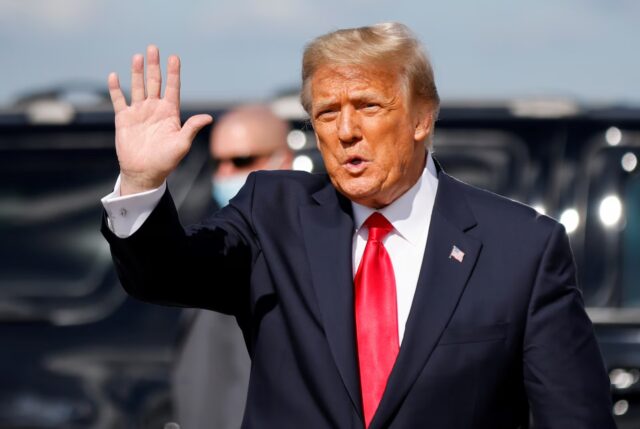The United States is poised to become the first country to walk away from the United Nations’ Universal Periodic Review (UPR), a move that strikes at the very credibility of the world’s human rights system.
The peer-review mechanism, created in 2008, was meant to embody equality — every country, big or small, facing the same scrutiny. Washington’s refusal now makes that principle look like a farce.
The UPR is hardly a draconian process: it runs on voluntary compliance and produces non-binding recommendations. Yet the symbolism matters. When the world’s most powerful state rejects even this mild form of oversight, it signals that accountability is for the weak, not the strong.
This is not the first U.S. snub. The Trump administration had already pulled out of the UN Human Rights Council, denouncing it as biased. Skipping the UPR extends that logic — that America can monitor others while exempting itself. Critics argue this is less about sovereignty than about double standards, eroding the system’s universality and narrowing the space for activists and NGOs to challenge abuses at home.
The U.S. government continues to release its own annual rights report, a document increasingly viewed as a political weapon. This year’s edition blasted Brazil and South Africa while going easy on allies such as El Salvador, Hungary, and Israel — countries frequently condemned by the UN. Entire crises, like the humanitarian disaster and soaring death toll in Gaza, were omitted altogether.
At the same time, Washington faces its own troubling record. Human Rights Watch and other groups have accused the Trump administration of militarising civic spaces in Washington, dismantling refugee protections, stripping LGBTQ provisions, and abusing undocumented migrants. These issues would likely have surfaced in a UPR review, a fact that may help explain the administration’s executive order formalising its withdrawal earlier this year.
The optics are stark: the U.S. casts itself as global watchdog while ducking the most basic form of scrutiny. Experts warn that this precedent gives cover to regimes such as Russia, Iran, or South Sudan, which may now feel emboldened to dismiss the UPR altogether. The message is corrosive — rights reviews are mandatory for the powerless, but optional for the powerful.
The problem is structural as well. Soft-law frameworks like the UPR depend on free will. With no penalties for defection, strong states can simply walk away, leaving smaller states bound by rules that their larger counterparts treat with contempt. It is a demonstration of “shadow sovereignty”: loudly condemning others while insulating oneself from oversight.
In walking out, Washington not only weakens its own credibility but also destabilises the fragile architecture of international accountability. What was designed to promote universality and solidarity now risks being reduced to selective enforcement — a hierarchy of scrutiny that serves political interests, not justice.
(This article was written by Tisya Sharma, she is an intern at StratNews Global)





